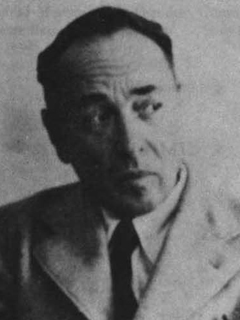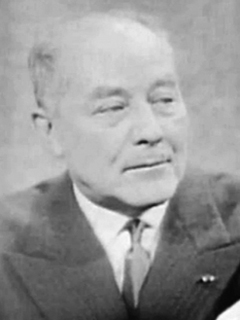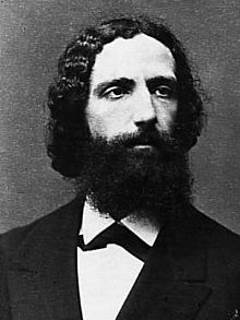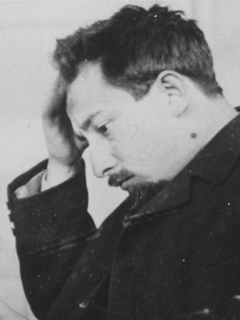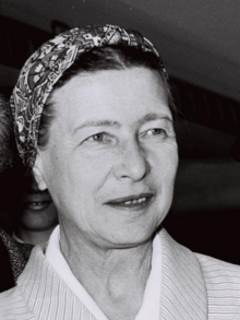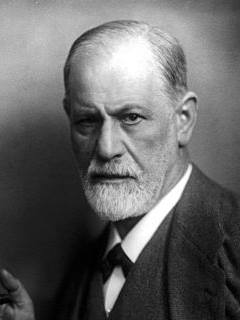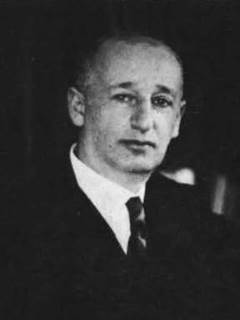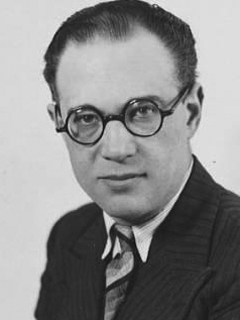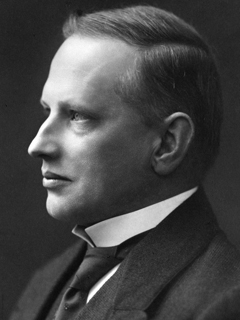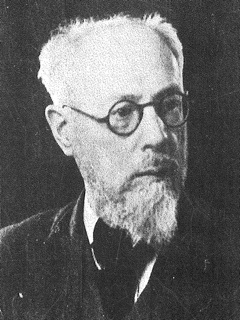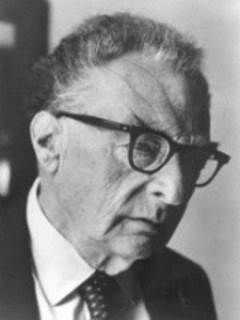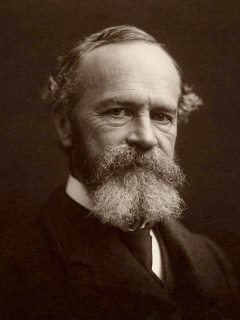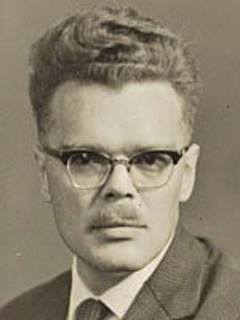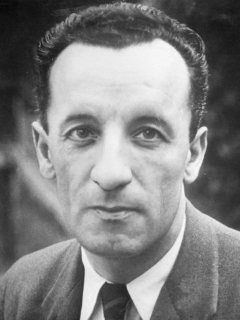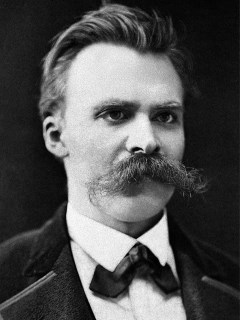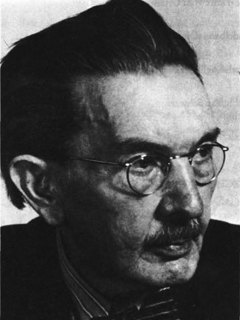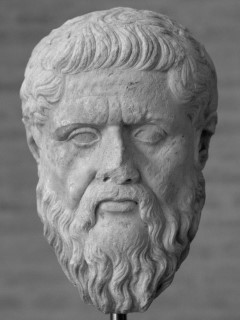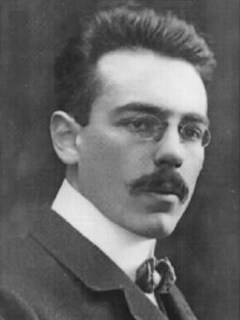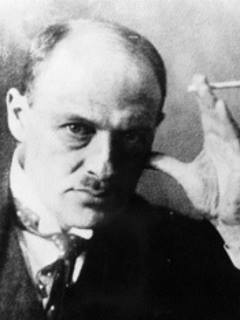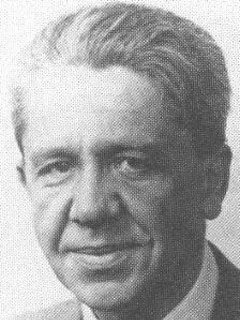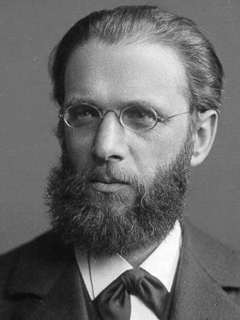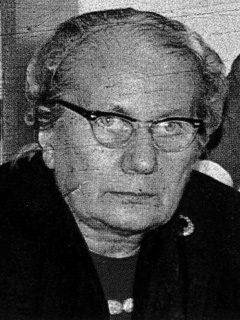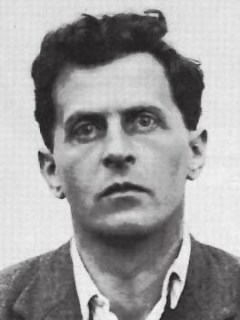Herbert Spiegelberg
1904-1990
(1930). Über das Wesen der Idee. Jahrbuch für Philosophie und phänomenologische Forschung, 11, 1-238.
(1931). R. Ingarden, Das literarische Kunstwerk [Review of the book Das literarische Kunstwerk, by R. W. Ingarden]. Zeitschrift für Ästhetik und allgemeine Kunstwissenschaft 25, 379-387.
(1933). Sinn und Recht der Begründung in der axiologischen und praktischen Philosophie. In E. Heller, & F. Löw (Eds.). Neue Münchener Philosophische Abhandlungen (pp. 100-142). Leipzig: Barth.
(1934). Zur Rehabilitierung der philosophischen Tradition. Neue Zürcher Zeitung, 10 (22), G1.
(1935). Antirelativismus. Zürich-Leipzig: Niehaus.
(1935). Gesetz und Sittengesetz: Strukturanalytische und historische Vorstudien zu einer gesetzesfreien Ethik. Zürich-Leipzig: Niehans.
(1936). Der Begriff der Intentionalität in der Scholastik, bei Brentano und bei Husserl. Philosophische Hefte, 5 (1-2), 75-91.
(1940). Critical Phenomenological Realism. Philosophy and Phenomenological Research, 1 (2), 154-176.
(1940). The "reality-phenomenon" and reality. In M. Farber (Ed.). Philosophical essays in memory of Edmund Husserl (pp. 84-105). Cambridge: Harvard University Press.
Notes about interviews with various philosophers, psychologists, psychiatrists etc., , , .
(1958). Zur Ontologie des idealen Sollens. Philosophisches Jahrbuch, 66, 243-253.
(1959). How subjective is phenomenology? Proceedings of the American catholic philosophical association, 66, 28-36.
(1959). Perspektivenwandel: Konstitution eines Husserlbildes. In J. Taminiaux, & H. L. Van Breda (Eds.). Edmund Husserl, 1859-1959 (pp. 56-63). Den Haag: Nijhoff.
(1960). Husserl's phenomenology and existentialism. Journal of Philosophy, 57, 62-74.
(1960). The phenomenological movement: A historical introduction voL. 1. Den Haag: Nijhoff.
Pfänder, A. (1963). Phänomenologie des Wollens und Motive und Motivation (3rd ed.). Leipzig: Barth.
(1964). Toward a phenomenology of experience. American philosophical quarterly, 1, 325-332.
(1965). A phenomenological approach to the ego I. The Monist, 49, 1-17.
(1965). A phenomenological approach to the ego II. The Monist, 49, 38-43.
(1965). The essentials of the phenomenological method. Den Haag: Nijhoff.
(1966). How subjective is phenomenology?. In M. Natanson (Ed.). Essays in phenomenology (pp. 137-143). Den Haag: Nijhoff.
(1966). On the motility of the ego. In W. Baeyer, & R. M. Griffith (Eds.). Conditio humana (pp. 289-306). Dordrecht: Springer.
(1967). Amiel's "New phenomenology". Archiv für Geschichte der Philosophie, 49, 201-214.
(1967). The relevance of phenomenological philosophy for psychology. In E. Lee, & M. Mandelbaum (Eds.). Phenomenology and existentialism (pp. 219-241). Baltimore: Johns Hopkins University Press.
Pfänder, A. (1967). Phenomenology of willing and motivation: And other phaenomenologica. Evanston, Ill.: Northwestern University Press.
(1969). "Intentio" und "Intentionalität" bei Brentano und Husserl. Studia philosophica, 29, 189-216.
(1970). Husserl in England: Facts and lessons. Journal of the British Society for Phenomenology, 1 (1), 4-15.
(1970). On some human uses of phenomenology. In F. J. Smith (Ed.). Phenomenology in perspective (pp. 16-31). Dordrecht: Springer.
(1970). Remarks on the text of Husserl's syllabus. Journal of the British Society for Phenomenology, 1 (1), 16-17.
(1971). On the misfortunes of Husserl's Encyclopaedia Britannica-article "Phenomenology". Journal of the British Society for Phenomenology, 2 (2), 74-76.
(1971). The lost portrait of Edmund Husserl by Franz and Ida Brentano. In R. B. Palmer, & R. Hamerton-Kelly (Eds.). Philomathes (pp. 341-345). Den Haag: Nijhoff.
(1971). The lost portrait of Edmund Husserl by Franz and Ida Brentano. In R. B Plamer, & R. Hamerton Kelly (Eds.). Philomathes (pp. 341-345). Dordrecht: Springer.
(1971). The phenomenological movement II: a historical introduction. Dordrecht: Springer.
(1972). What William James knew about Edmund Husserl: On the credibility of Pitkin's testimony. In L. Embree (Ed.). Lifeworld and consciousness (pp. 407-422). Evanston, Ill.: Northwestern University Press.
(1973). Is the reduction necessary for phenomenology?: Husserl's and Pfänder's replies. Journal of the British Society for Phenomenology, 4, 3-15.
Pfänder, A. (1973). Philosophie auf phänomenologischer Grundlage: Einleitung in die Philosophie und Phänomenologie. München: Fink.
(1974). "Epoche" without reduction: some replies to my critics. Journal of the British Society for Phenomenology, 5, 256-261.
(1975). Apologia pro bibliographia mea. In P. Bossert (Ed.). Phenomenological perspectives (pp. 267-275). Den Haag: Nijhoff.
(1975). Die Relevanz der phänomenologischen Philosophie für die Psychologie. In A. Métraux, & C. F. Graumann (Eds.). Versuche über Erfahrung (pp. 101-111). Bern: Huber.
(1975). Doing Phenomenology: Essays on and in Phenomenology. Den Haag: Nijhoff.
(1975). E. Holenstein, Roman Jakobsons phänomenologischer Strukturalismus: Phänomenologie und Strukturalismus: Zur Arbeit Elmar Holensteins über Roman Jakobson [Review of the book Roman Jakobsons phänomenologischer Strukturalismus, by E. Holenstein]. Neue Zürcher Zeitung 12 (23), 25.
(1976). Introduction to Husserl's syllabus for the Paris lectures on "Introduction to transcendental phenomenology". Journal of the British Society for Phenomenology, 7, 18-19.
(1978). On the significance of the correspondence between Franz Brentano and Edmund Husserl. Grazer Philosophische Studien, 5, 95-116. https://doi.org/10.5840/gps1978523.
(1980). Putting ourselves into the place of others: toward a phenomenology of imaginary self transposal. Human Studies, 3 (1), 169-173. https://doi.org/10.1007/BF02331807.
(1980). Reflections on the phenomenological movement. Journal of the British Society for Phenomenology, 11, 273-280.
(1981). Gurwitsch's case against Husserl's pure ego. Journal of the British Society for Phenomenology, 12, 104-114.
(1982). "Linguistische Phänomenologie": John L. Austin und Alexander Pfänder. In H. Spiegelberg, & E. Avé-Lallemant (Eds.). Pfänder-Studien (pp. 251-261). Den Haag: Nijhoff.
(1982). Aus der Diskussion. In H. Spiegelberg, & E. Avé-Lallemant (Eds.). Pfänder-Studien (pp. 97-106). Den Haag: Nijhoff.
(1982). Die Idee einer phänomenologischen Anthropologie und Pfänders verstehende Psychologie des Menschen. In H. Spiegelberg, & E. Avé-Lallemant (Eds.). Pfänder-Studien (pp. 189-202). Den Haag: Nijhoff.
(1982). Epoché und Reduktion bei Pfänder und Husserl. In H. Spiegelberg, & E. Avé-Lallemant (Eds.). Pfänder-Studien (pp. 3-34). Den Haag: Nijhoff.
(1982). Phänomenologie und Ontologie in Alexander Pfänders Philosophie auf phänomenologischer Grundlage. In H. Spiegelberg, & E. Avé-Lallemant (Eds.). Pfänder-Studien (pp. 263-278). Den Haag: Nijhoff.
(1982). The context of the phenomenological movement. Den Haag: Nijhoff.
(1982). Zeugnisse über Pfänder, den Lehrer und Menschen. In H. Spiegelberg, & E. Avé-Lallemant (Eds.). Pfänder-Studien (pp. 327-337). Den Haag: Nijhoff.
with Avé-Lallemant, E. (1982). Imperativenlehre. In H. Spiegelberg, & E. Avé-Lallemant (Eds.). Pfänder-Studien (pp. 287-324). Den Haag: Nijhoff.
with Avé-Lallemant, E. (eds) (1982). Pfänder-Studien. Den Haag: Nijhoff.
(1983). Movements in philosophy: phenomenology and its parallels. Philosophy and Phenomenological Research, 43, 281-297.
(1984). Three types of the given: the encountered, the search-found and the striking. Husserl Studies, 1 (1), 69-78. https://doi.org/10.1007/BF01569207.
(1985). Epilogue: for the third generation of phenomenologists contributing to this volume. In W. Hamrick (Ed.). Phenomenology in practice and theory (pp. 251-254). Dordrecht: Springer.
with Schuhmann, K. (1985). Als Student bei Husserl: Ein Brief vom Winter 1924/25. Husserl Studies, 2 (3), 239-243. https://doi.org/10.1007/BF00430968.
(1986). Steppingstones toward an ethics for fellow existers: essays 1944–1983. Dordrecht: Springer.
(1988). Erinnerungen an Husserl. In H. R. Sepp (Ed.). Edmund Husserl und die Phänomenologische Bewegung (pp. 40-42). Freiburg-München: Alber.
(1989). Self-presentation. In E. F. Kaelin, & C. Schrag (Eds.). American phenomenology (pp. 169-179). Dordrecht: Kluwer.
(1989). Sollen und Dürfen: Philosophische Grundlagen der ethischen Rechte und Pflichten. Dordrecht: Kluwer.
(1992). Memories of my american life for my american children and children's children. Human Studies, 15 (4), 364-384. https://doi.org/10.1007/BF00182100.
(1997). La phénoménologie comme praxis. Alter: Revue de phénoménologie, 5, 241-253.
(2004). On the motility of the ego: A contribution to the phenomenology of the ego and postscript 1978. In D. Moran, & L. Embree (Eds.). Phenomenology: Critical concepts in philosophy II (pp. 217-234). London: Routledge.


